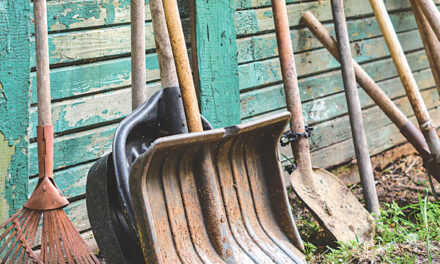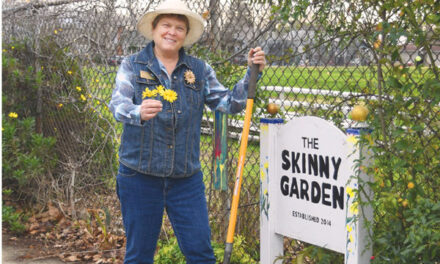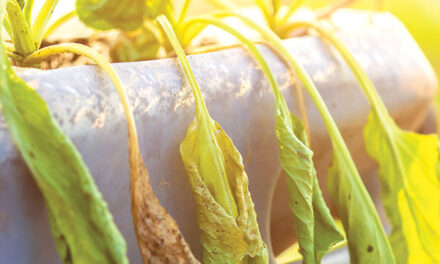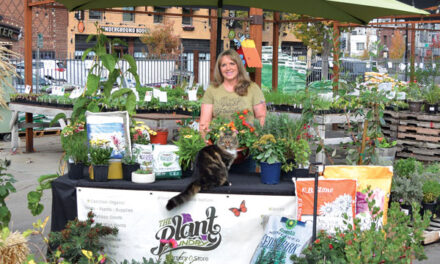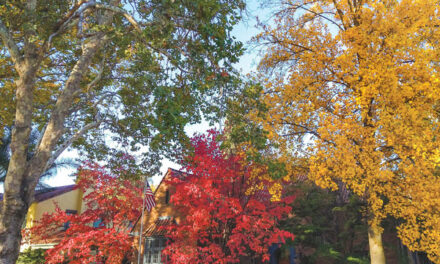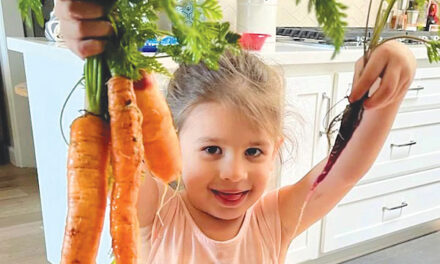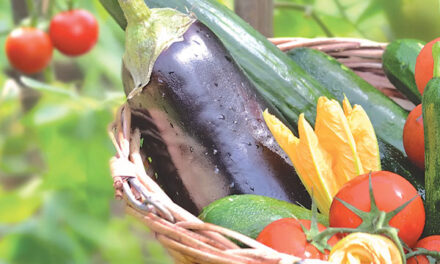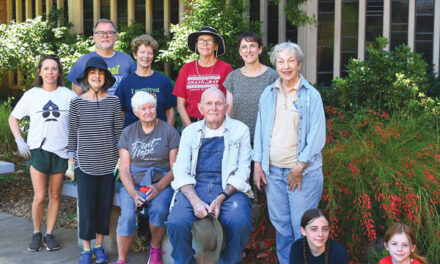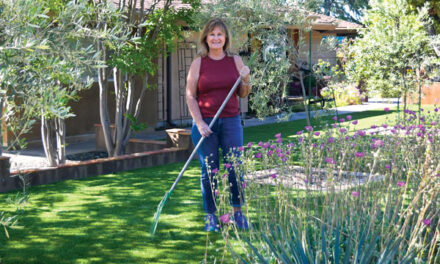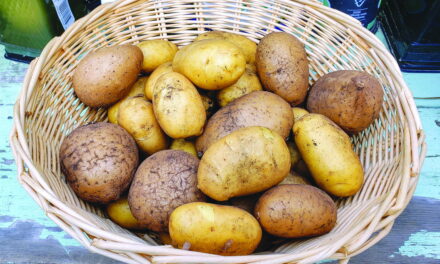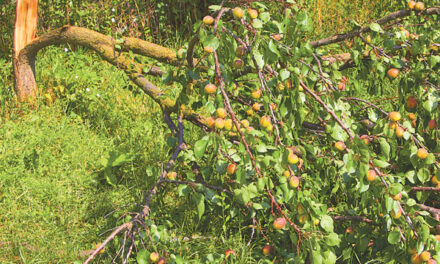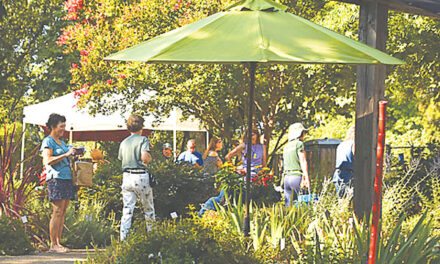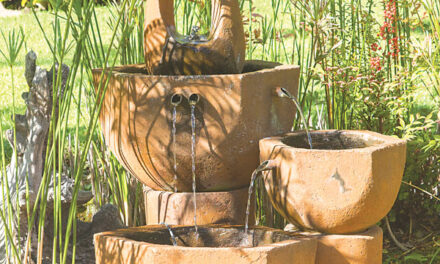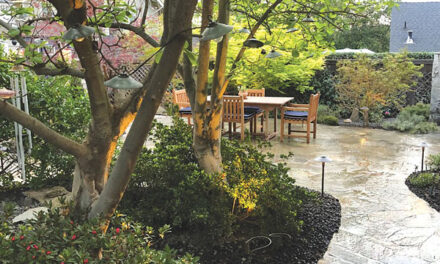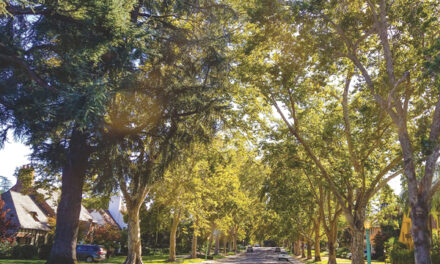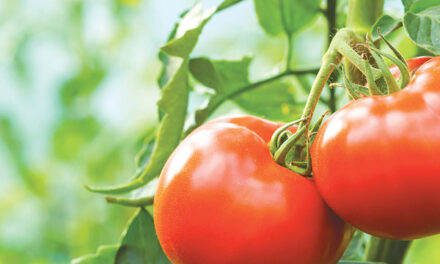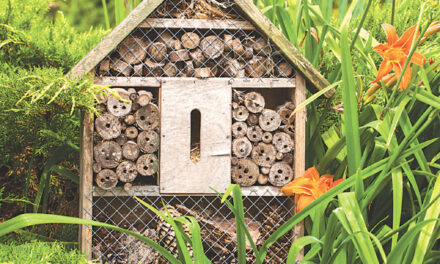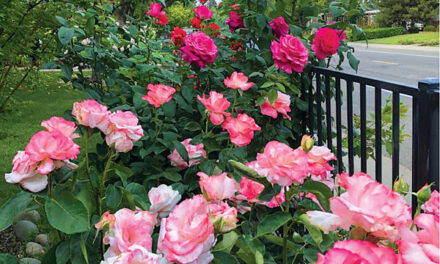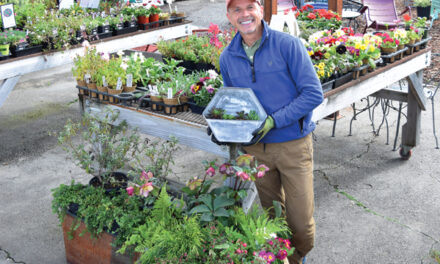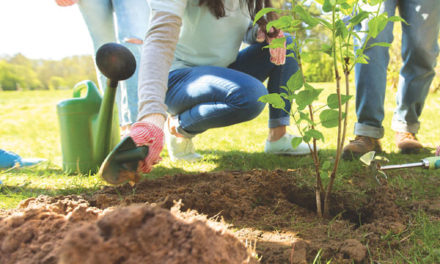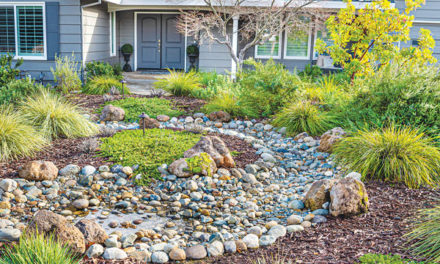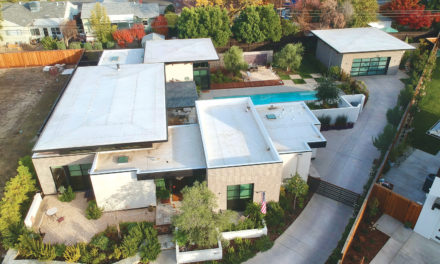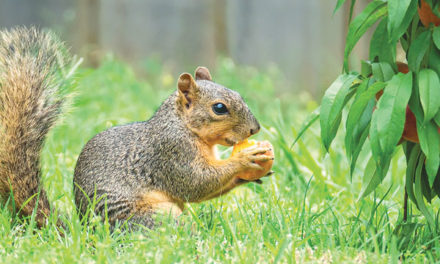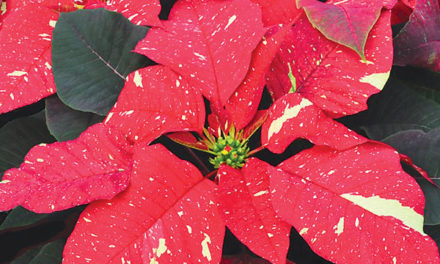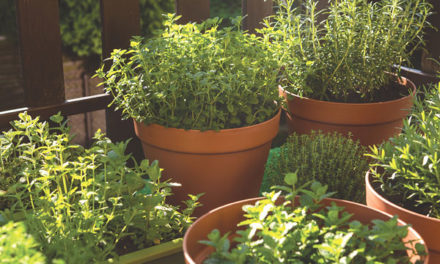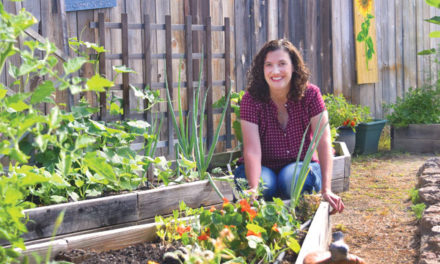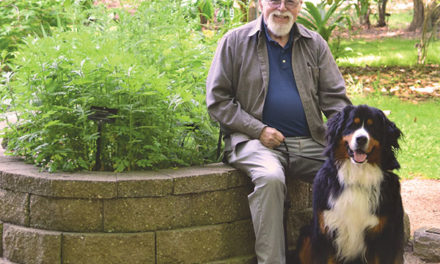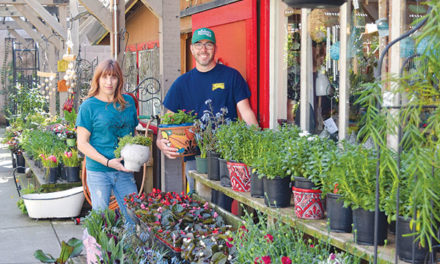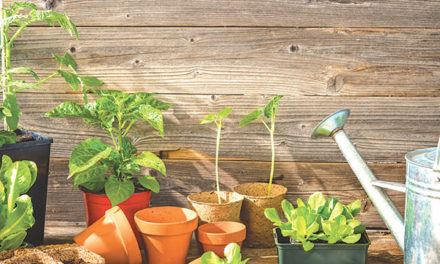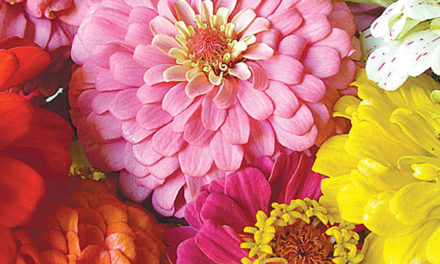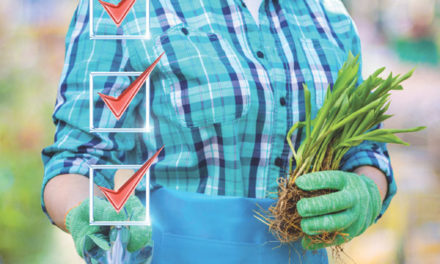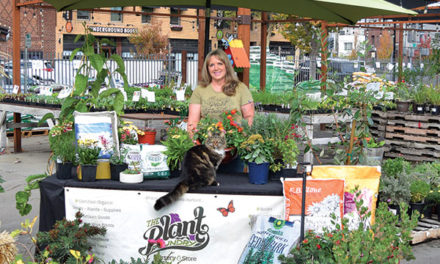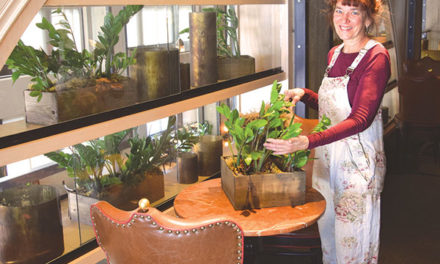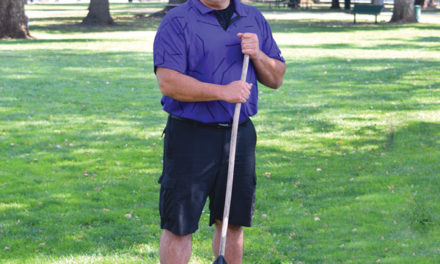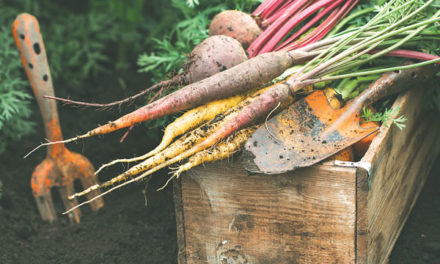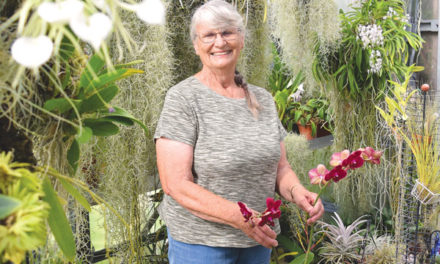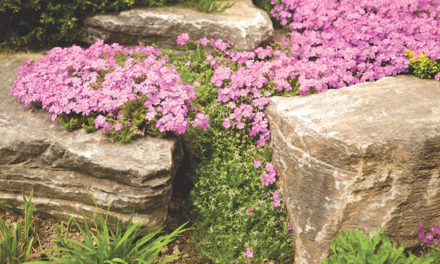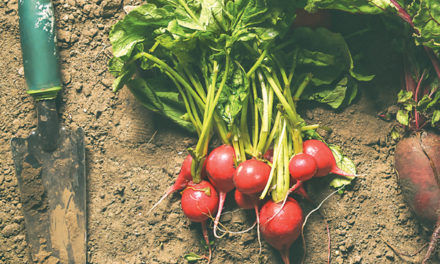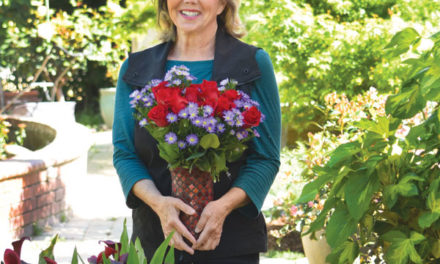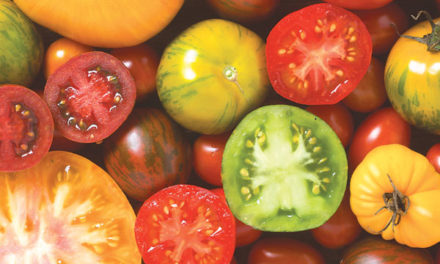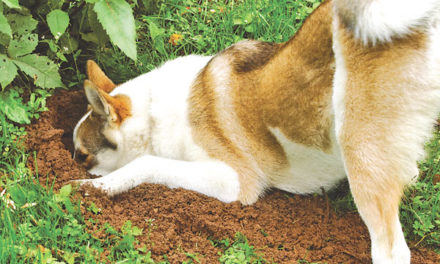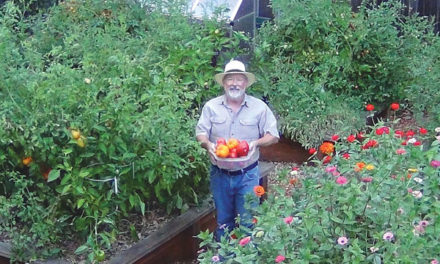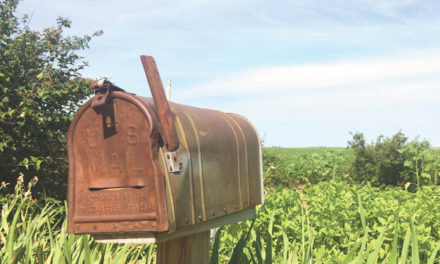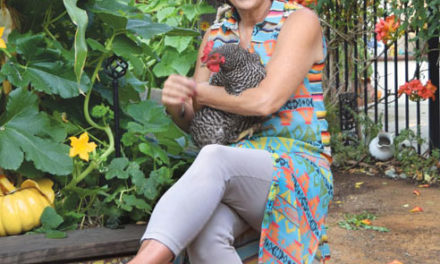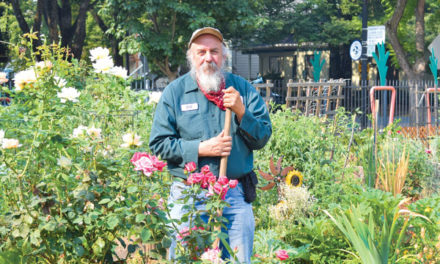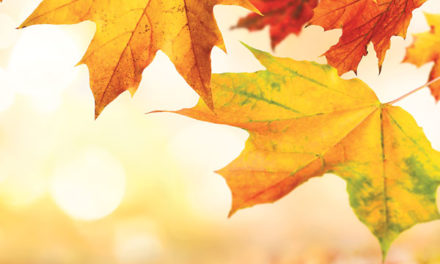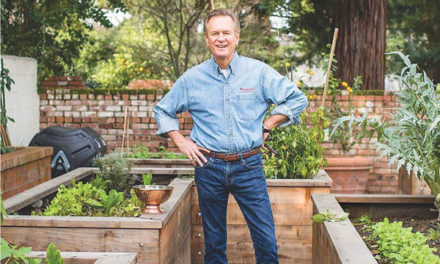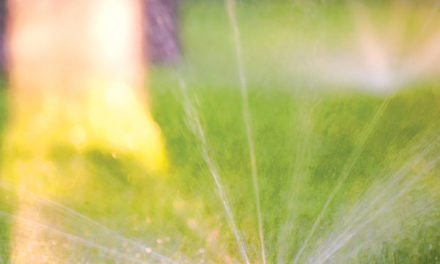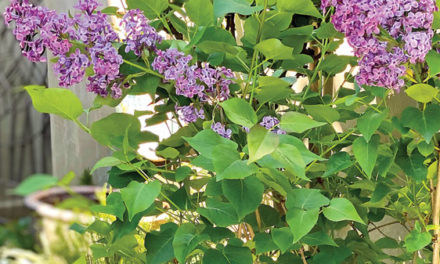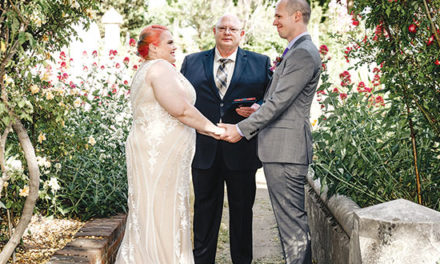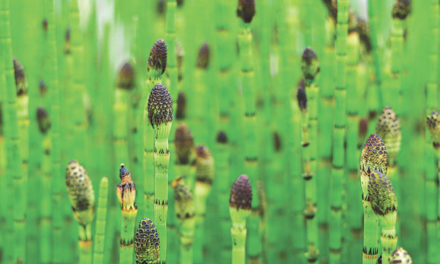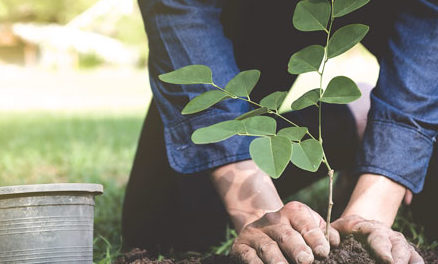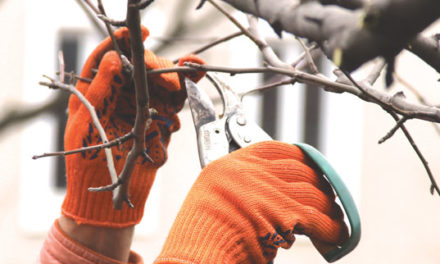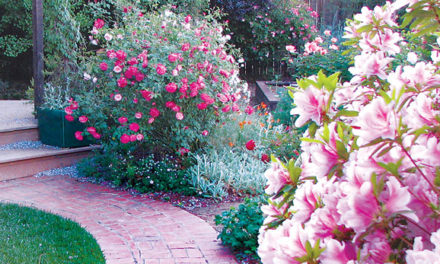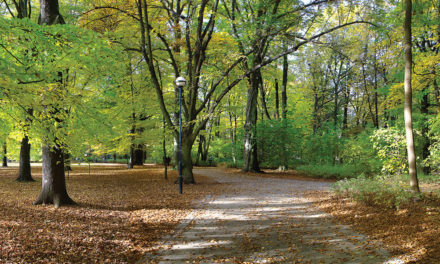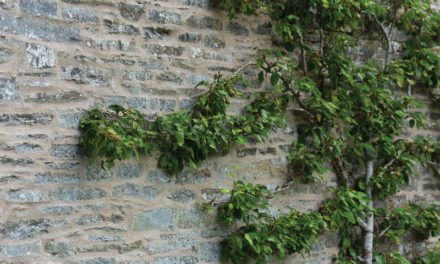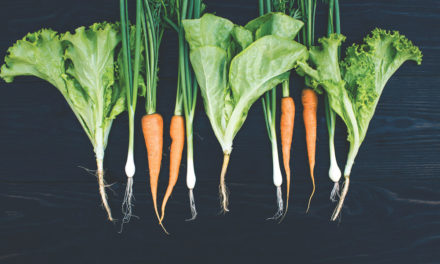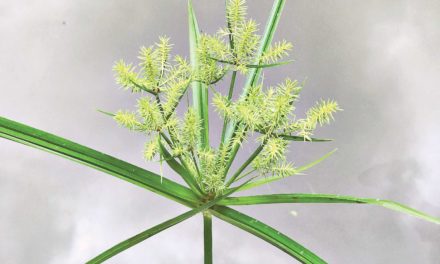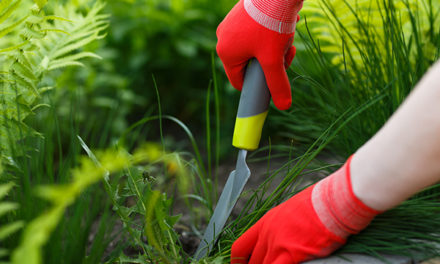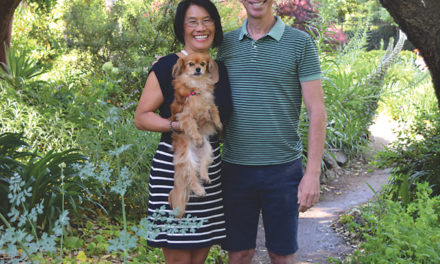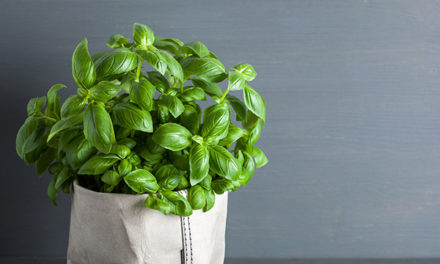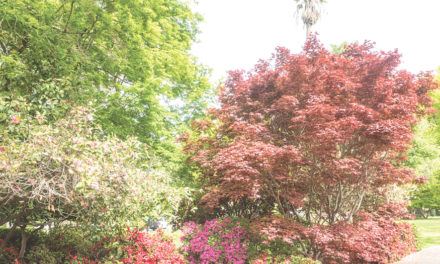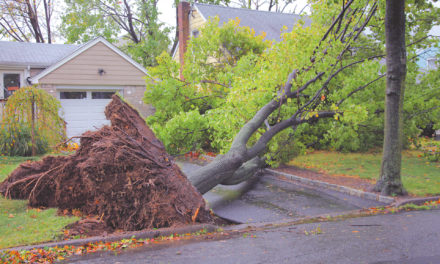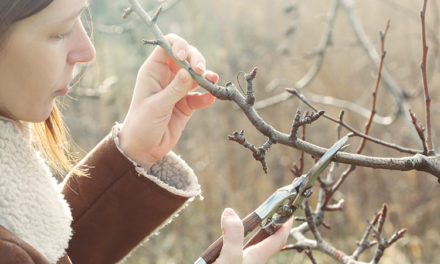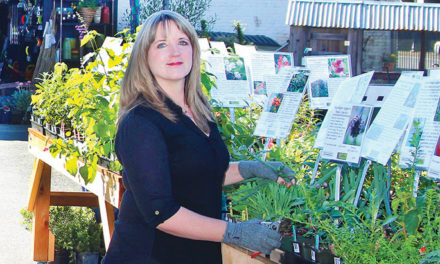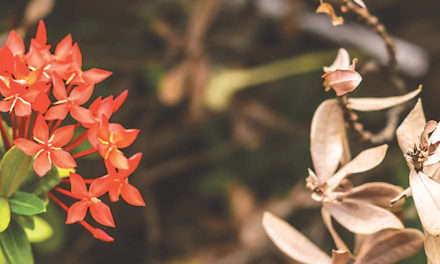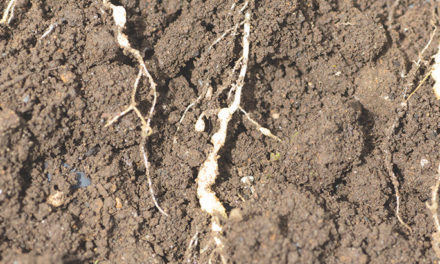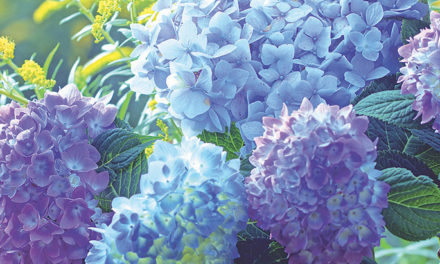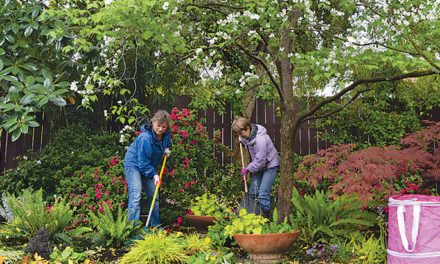Garden of the Gods
Cool-season vegetables need a head start
By Anita Clevenger
September 2019
It’s still summer, but it’s time to plant winter (cool-season) vegetables.
If you get them in the ground while the days are still relatively long, you can harvest this winter. If you wait too long, peas will pause and broccoli will balk. Dormancy sets in when there are less than 10 hours of daylight. You need to give winter crops a head start before plant growth slows down or stops altogether.
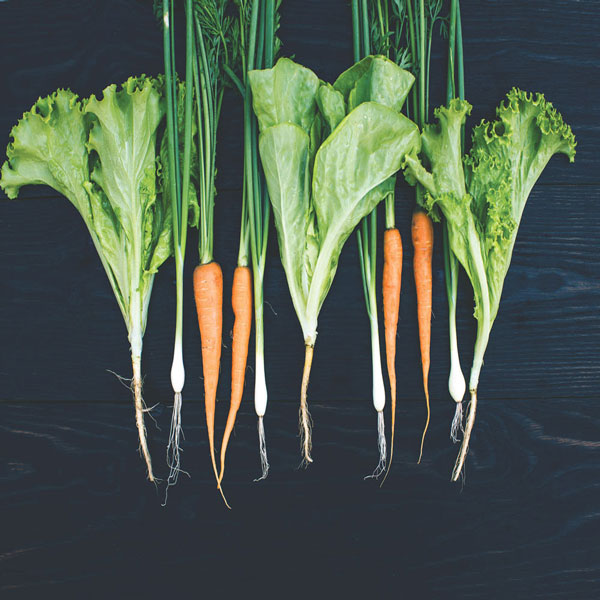
Ancient Greeks had a myth to explain this. Demeter was the goddess of fertility and harvest. Her daughter Persephone was abducted by smitten Hades, god of the underworld. Until that time, endless summers produced bountiful crops. Demeter was overcome by grief. Without her benevolent attentions, winter descended on the land. Nothing would grow and a famine caused great suffering. Demeter’s brother Zeus finally intervened with Hades, who agreed to release Persephone as long as she had eaten nothing during her captivity. Alas, she had eaten a few pomegranate seeds. The gods made a deal. Persephone would return to Hades for several months every year, and then come back to earth. During her absence, Demeter grieved and the earth turned cold and dark. When Persephone returned, Demeter rejoiced and plants began to grow again.
Garden writer Eliot Coleman calls the short days of winter “Persephone Days.” He recommends early planting to ensure that plants are at least 75-percent mature before days shorten to less than 10 hours. In Sacramento, shorter days begin Nov. 19.
While greens will grow slowly throughout our mild winters, many other cool-season vegetables require 60 to 90 days to mature and should be planted no later than mid-September to early October. So this is a good time to plant cool-season crops.
Even in a greenhouse, plant growth will slow unless you provide supplemental light. On Jan. 23, when days are once again 10 hours long, plants will return to active growth.
I’m from Ohio where nobody has an outside winter garden because it’s too frigid. My attempts at Sacramento winter vegetable gardening have had mixed success, which I attribute to the weather. I learned about “Persephone Days” in a Napa County Master Gardener blog last year, and realized that the winter gardens I planted earlier always did better no matter what the temperatures or rainfall. Winter annual flowers, such as violas and stock, also bloom better throughout the winter if you get them in the ground while the days are longer.
This is also the best time of year to plant trees, woody ornamentals, hardy perennials, seeds and bulbs for spring-blooming plants. In our mild climate, roots continue to grow underground even if top growth is dormant.
Persephone will soon return to the underworld. Sacramento isn’t as hot as Hades, and our winters are fairly mild. We can harvest from our winter gardens, pick citrus off our trees, enjoy green grass and flowers, and eat as many pomegranate seeds as we like.
The next Open Garden, which will include information on preparing a winter vegetable garden, will be Saturday, Sept. 14, from 9 a.m. to noon at the Fair Oaks Horticulture Center, 11549 Fair Oaks Blvd. in Fair Oaks.
Anita Clevenger is a platinum Sacramento County Master Gardener. For a vegetable planting calendar and answers to gardening questions, visit sacmg.ucanr.edu. Contact the UC Master Gardeners at (916) 876-5338 or mgsacramento@ucanr.edu. Follow us on Facebook, Twitter and Instagram: @insidesacramento.




